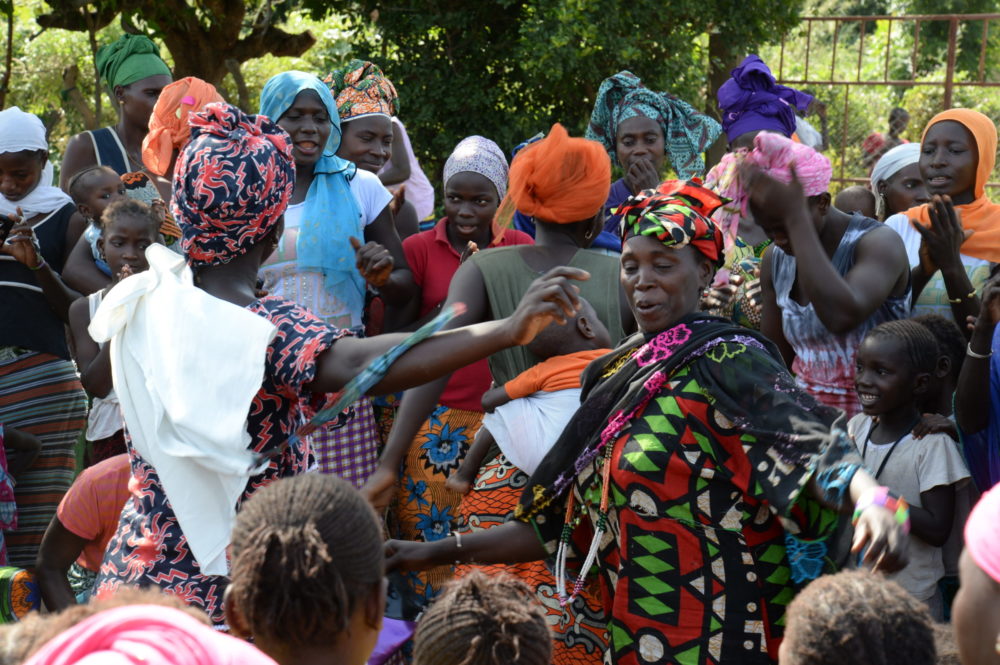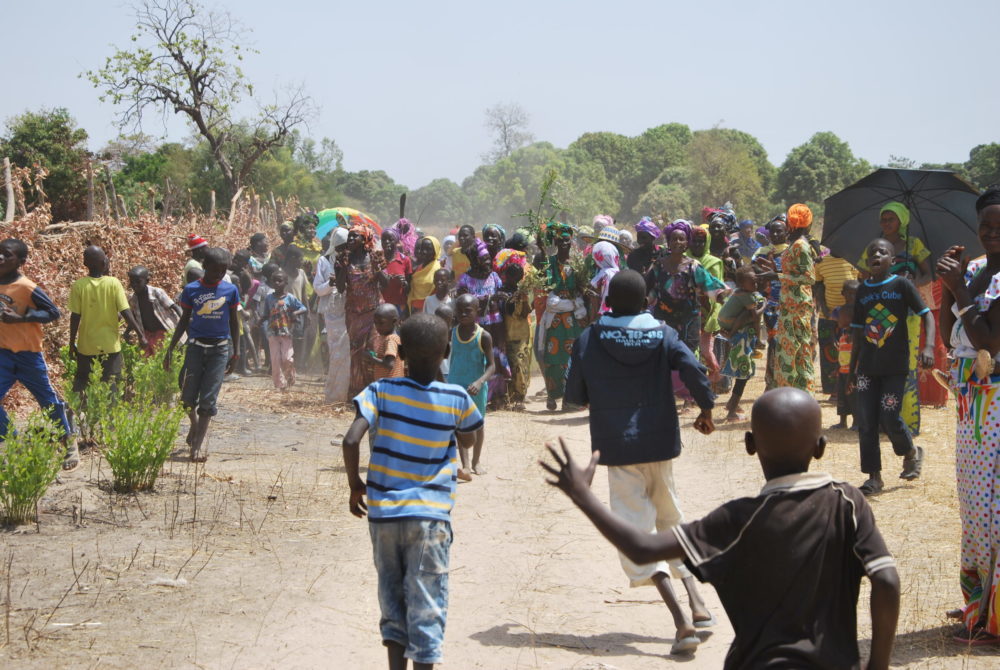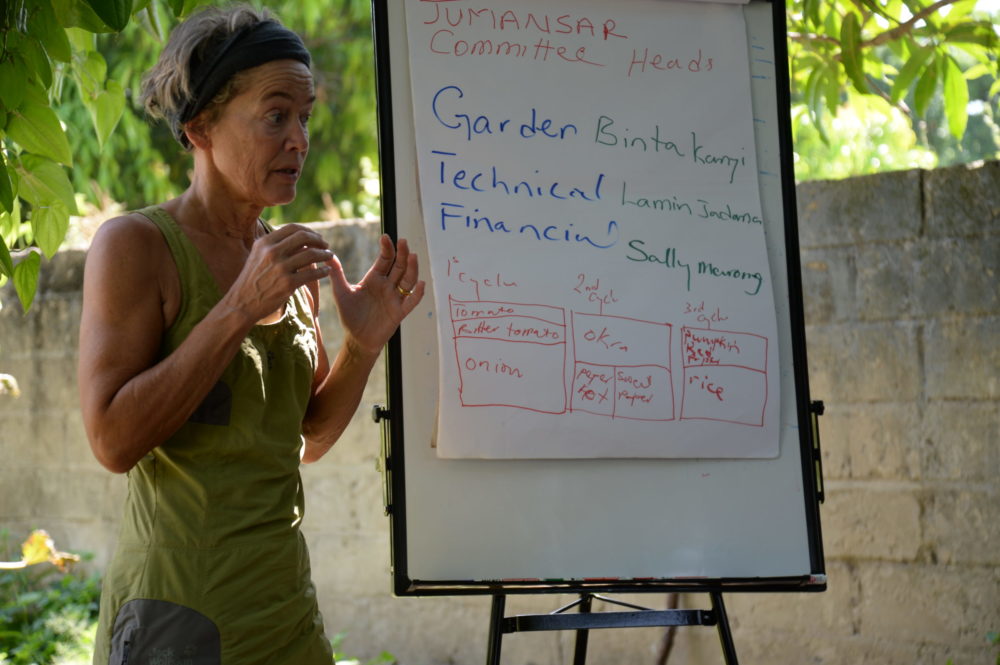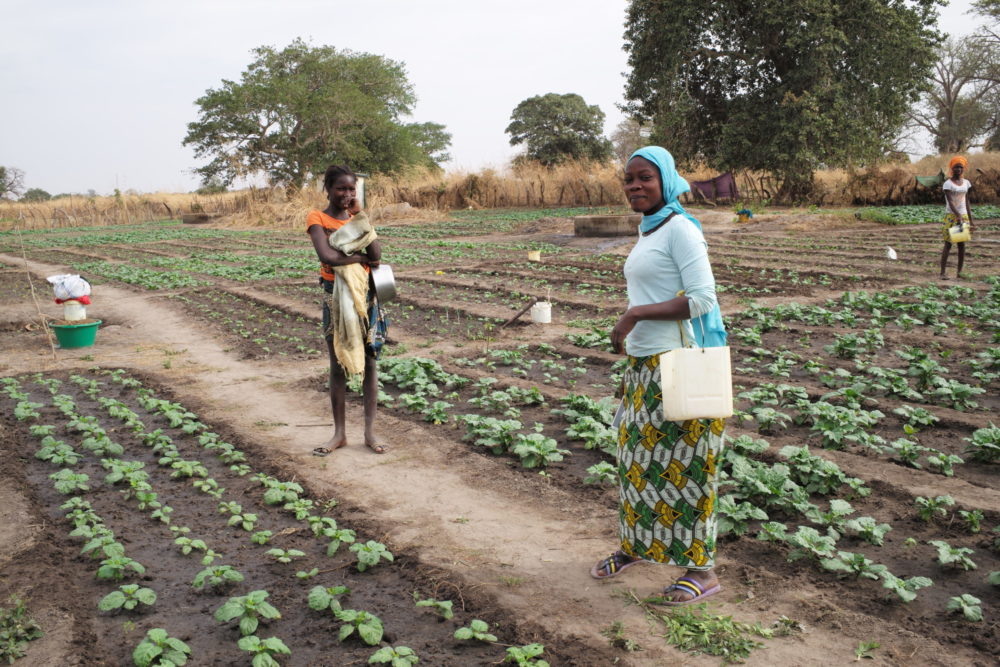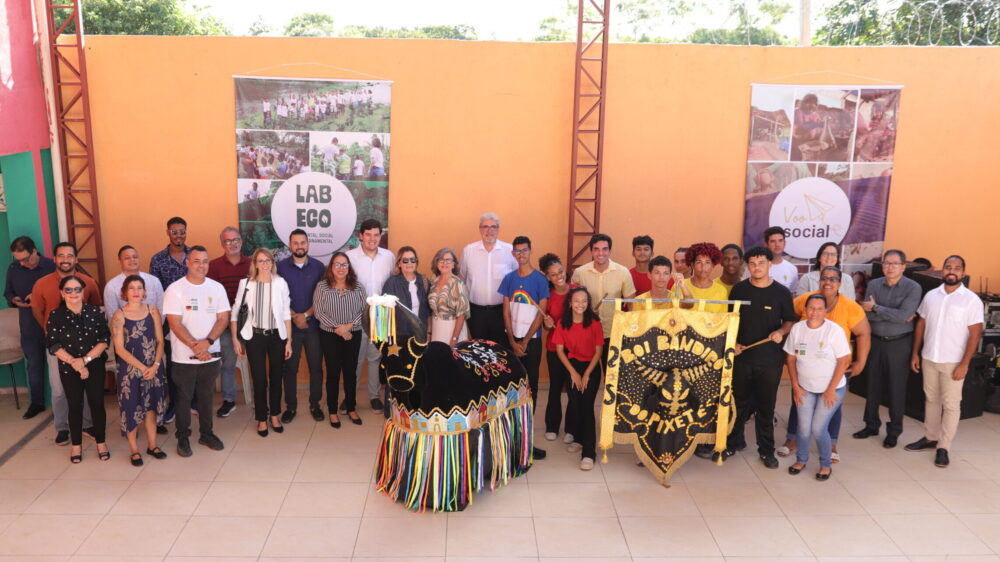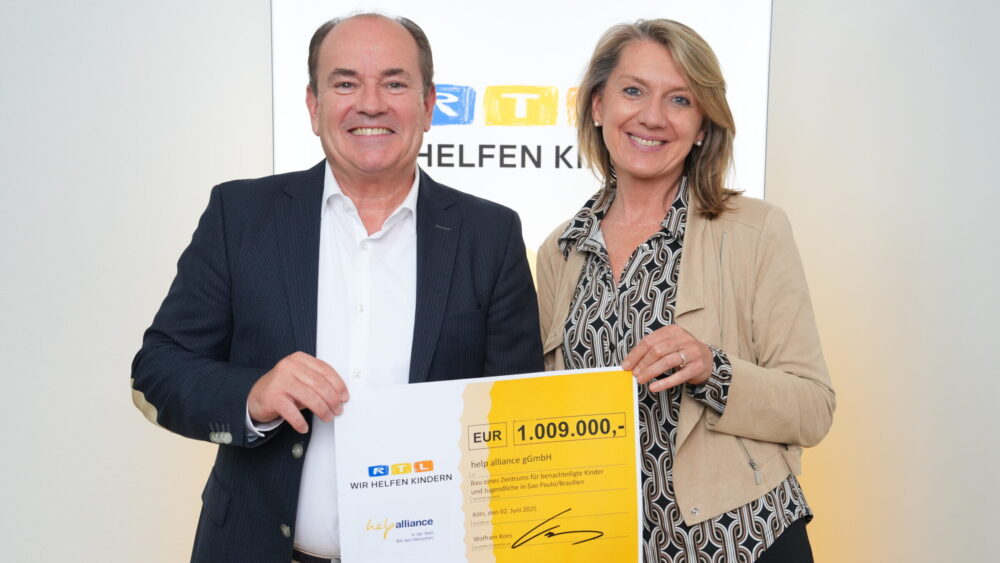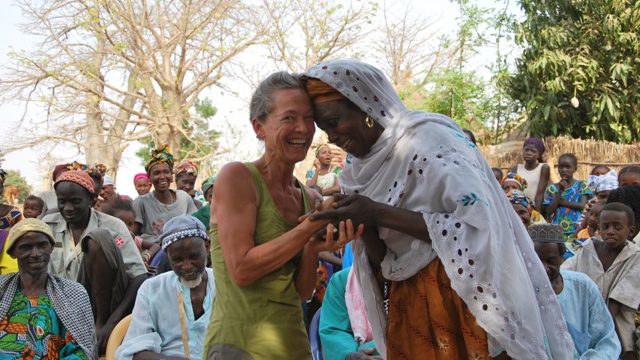
Development aid in Gambia
help alliance currently supports the project ” Career prospects for returnees” by Edith Lanfer in Gambia / In a guest article for Spiegel Online she talks about the situation of development aid in the West African country
Drop it or move on?
Irrigation systems, community gardens – the aid organisation “Sabab Lou” wants to help villages in Gambia to find new sources of income, especially for the women there. But is the support really bringing progress?
Our foundation “Sabab Lou” has been working for nine years in Gambia, a small country in West Africa impoverished after a long dictatorship. The name comes from the language Wolof and means freely translated: “What you have to do to reach your goal”. We support the development of community gardens in order to open up new sources of income, especially for the rural women. The projects in the villages of Chamen and Dutabullu went well at first, but at the end of 2013, doubts crept in for the first time.
In November of this year we wanted to lay the foundation stone for a solar irrigation system in the village of Jumansar, but the celebrations were cancelled the evening before. Because we had learned that two of 45 young people from the district where our aid organisation is active had been shot dead in Libya. We were shocked, there was no longer any reason to celebrate.
At that time we also learned that some young people had used the money they had earned with difficulty from vegetable growing to pay traffickers. So were we jointly responsible for them being able to take the “backway”, the unofficial route to Europe, at all?
It was to get worse. The reserves for the operation of the plants – a compulsory measure we had agreed before the installation – were suspended by the local project partners. They had gone into debt. And we had missed the most important goal, the financial independence of the villages.
What to do if things don’t go smoothly?
How to deal with this situation? Throw everything away or continue? We continued. But two years later we had to remove a village from the funding list. The plantation was no longer being managed profitably due to a lack of labour, so that no reserves could be built up.
To simply say “no” in the face of beggary conditions is always a crucial test for us helpers. With all our sympathy, we find it not only counterproductive, but even harmful to feed poor people permanently. We stifle their motivation, creativity, willingness to perform and personal responsibility. Our work is always accompanied by these doubts: We ask about the sense and nonsense of help.
The trap of paternalistic assault
A group of women from the village of Jumansar asked me to preach a sermon to their husbands once because they persistently refuse to repair the fence of the garden. Do I play the ball back and let the women fight it out themselves? Do I intervene – possibly with the risk that the women will then be aggressively lectured?
I intervene and try to convince the men of the economic disadvantages of their Schlendrian. They stuck to their attitude of not letting women boss them around. Finally I raised my voice and said, “Either you’re too rich, too stupid or too lazy!” I was angry at the unfair distribution of the workload and the men’s refusal to pitch in.
My words startled me, but it worked. And the women applauded. I doubt if my anger speech had any lasting effect. But perhaps I at least encouraged the women to act more decisively in the future.
The madness: development aid as reparation?
Even if we think we have thought of everything in projects, unforeseen obstacles suddenly appear in the way. We advised the gardeners in Gambia to grow onions. And then they made losses because on the local market the imported tubers from Holland were cheaper. We switched to growing beetroot – and suffered from competition from frozen, ready-to-eat beetroot. Give up and despair?
No! Finding niches, improving products, serving the market with a perfect fit, caring for customers. But how do we deal with the outrageous accusation that poor countries are themselves to blame for their ailing agriculture, after all they could impose trade tariffs on their products?
How do we actually justify our destructive agricultural exports from the EU? Does a free market economy absolve us of global responsibility? Or is everything not so bad because we make up for the damage with our development aid?
It also makes me angry when I see how generously and haphazardly development aid money is given and how, in complacent do-gooderism, we often promote useless large-scale projects that outdo each other. I am concerned that the same aberration is being made in Gambia as in Haiti, for example.
The Caribbean island state was flooded with aid money after the 2010 earthquake, but the living situation of many poor people has nevertheless deteriorated dramatically. The winners were the army of development aid workers and the corrupt elite, who enriched themselves unscrupulously.
Hope – despite all the pessimism
Why do we continue when everything is so exhausting, unproductive and doubtful? Shouldn’t we just stop helping? Would we then perhaps even cause less damage? Is it even possible to do good development work?
Yes, one can! Every small success is worth the effort, every small improvement motivates people. They want to improve their situation and create a humane future. Again and again we meet young migrants who return to their home countries to make a difference. I am convinced that they can change their societies and overcome the power of paralyzing traditions – by their own efforts, in their own time. We can only support them.
And my doubts? I hope that they will stay with me!
Click here for the original article.
Find out more about the project in Gambia here …

